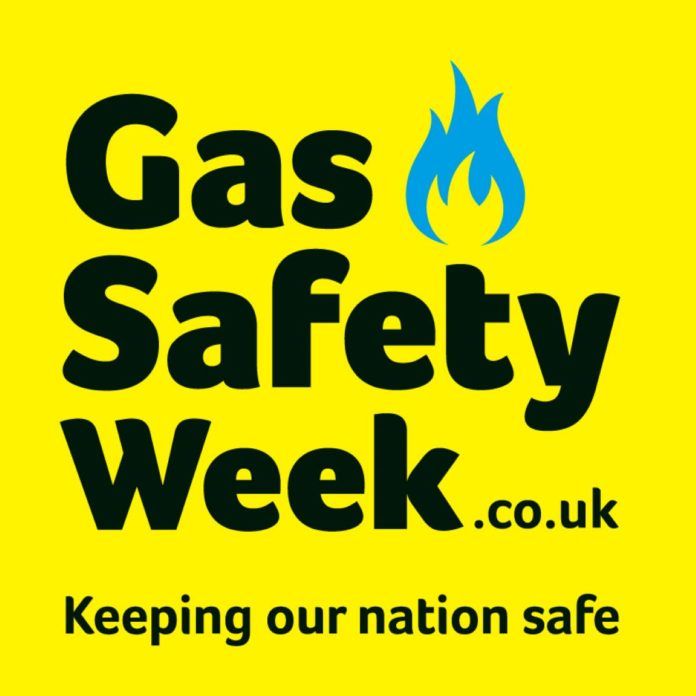
To increase awareness around Gas Safety Week, Ideal Heating has shared its top advice on gas safety in the home, workplace and for landlords.
Gas Safety Week is taking place on 13th-19th September, promoting gas safety and the importance of taking care of gas appliances.
According to the organiser Gas Safe Register, one in six homes have a dangerous gas appliance.
Elizabeth Wilkinson, product manager at Ideal Heating, said: “Ideal Heating is proud to support Gas Safety Week. It is vital that homeowners, landlords and tenants understand the simple steps they can take to ensure gas appliances are installed and maintained safely and correctly. We would encourage all our customers to take a moment to recap on key points around gas safety.”
IDEAL’S TOP FIVE TIPS
- Check appliances for warning signs
- If you see yellow, lazy flames on the gas hob, rather than the usual blue ones, the hob needs to be checked immediately.
- Any staining or excessive soot buildup on or around appliances might also signal problems.
- Is the appliance performing differently to normal or displaying fault lights or codes?
- Annual checks by a Gas Safe registered engineer
- Gas appliances need a safety check every year – failing to correctly maintain appliances could lead to serious problems including carbon monoxide poisoning.
- Only use Gas Safe Registered engineers.
- Never block the ventilation around an appliance
- A lack of ventilation around appliances – whether indoors or outdoors – can lead to a buildup of carbon monoxide.
- Ensure any gas appliances has good ventilation and is used in the intended way.
- Get a carbon monoxide detector
- Make sure there is a working carbon monoxide (and smoke) detector in the property. Early warnings can save lives.
- It’s also important to be aware of the signs of carbon monoxide poisoning. The six main symptoms to look out for are headaches, dizziness, nausea, tiredness, breathlessness and loss of consciousness.
- Test carbon monoxide alarm regularly and check that the alarm is still within the expiry date printed on the alarm.
- Know how to react if there’s a leak
- If you think there could be a gas leak or carbon monoxide leak in the home, immediately turn off the gas and open windows and doors to ventilate the property. Do not operate any lights or electrical switches. Leave the house and contact the Gas Emergency service and do not re-enter the property until it is safe to do so. For LPG appliances where the leak is indoors, turn off the gas at the manual outlet valve on the tanks or cylinder(s), open windows and doors to ventilate the property, and do not operate any light switches or electrical switches. Contact the gas supplier so they can make the installation safe and call the Fire Brigade on 999 and advise that there is an LPG Cylinder(s) or tank at your property.
- The Gas Emergency Services number is 0800 111 999 – make a note of this and make sure all responsible persons in the property are aware of it.
- If you suspect you have been exposed to carbon monoxide, or are experiencing any symptoms of carbon monoxide poisoning then you need to seek immediate medical assistance
